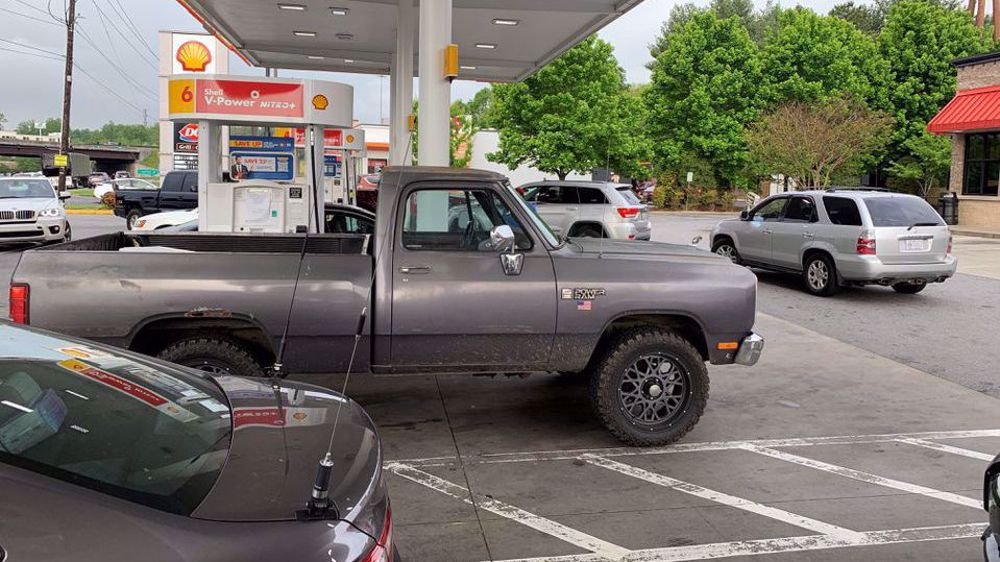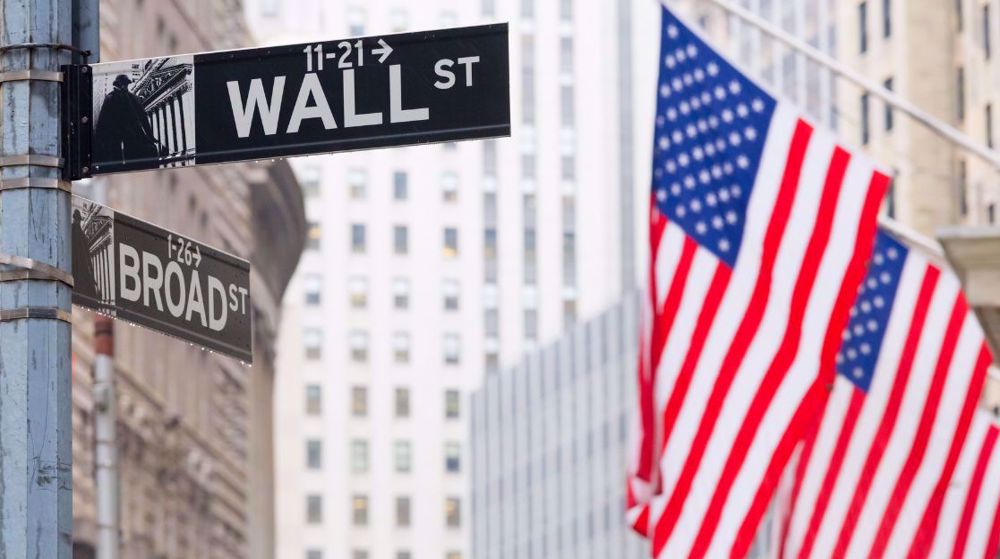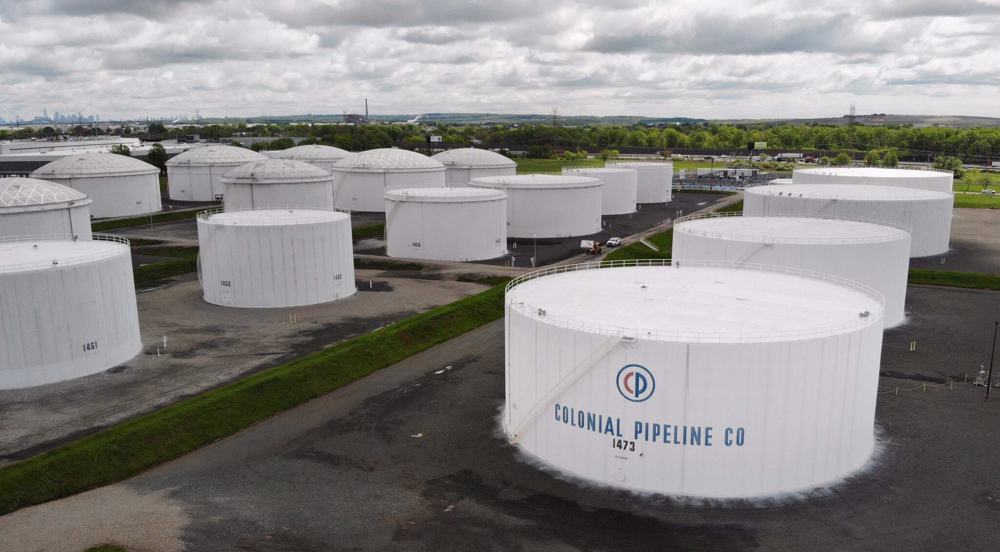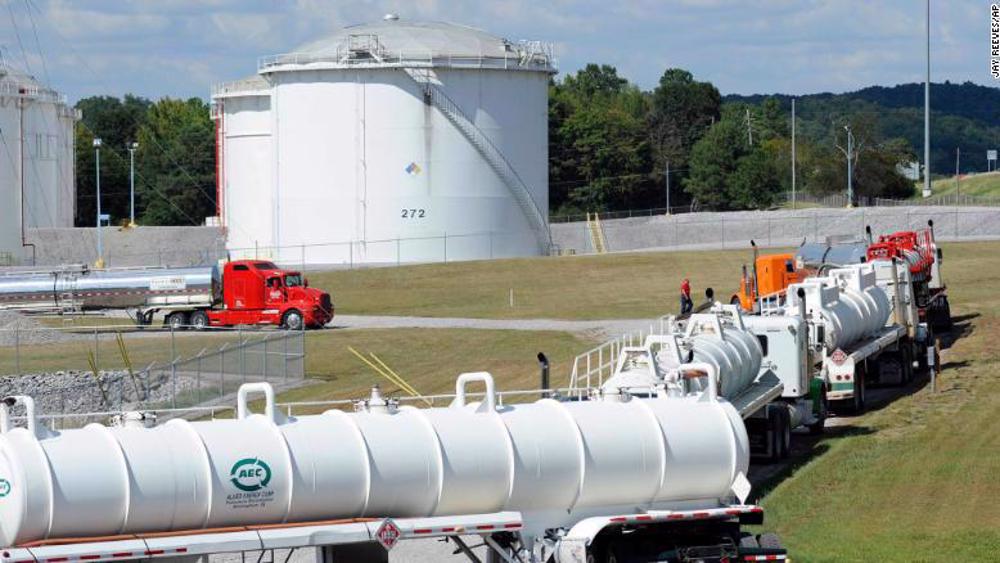Panic buying is emptying gas pumps across US Southeast
American motorists are racing to fill up as Colonial Pipeline cyber attack has prompted panic buying and left many gas stations empty, or close to it.
On Friday, Colonial Pipeline, which transfers gasoline and jet fuel from Texas to New York, said it shuttered thousands of kilometers of pipeline network in an attempt to contain a security breach.
The closure of the largest US fuel pipeline has strained supplies in Virginia, Georgia, North Carolina and several other states, mainly in the Southeast and lower mid-Atlantic region.
Major cities have reported large numbers of gas stations without gas and long lines at stations still in service.
On Wednesday, the average US price of gasoline broke above $3 a gallon for the first time in 6½ years.
Drivers fearing gasoline shortages are resorting to panic buying, with Tom Kloza, global head of energy analysis at the Oil Price Information Service, saying, “This is the worst panic buying for gasoline since the Carter Administration.”
Kloza said outages at over 10,000 gas stations are spreading “like a bad rash” on the East Coast.
Meanwhile, Dr. Thomas Knight, Chair of the Economics Department at the University of Florida said, “Panic buying exacerbates shortages, and in some cases, like this one, it seems like it’s overwhelmingly responsible for what’s happening.”
“Now the difference between this and the toilet paper shortage about a year ago and panic buying gasoline before a hurricane is that those are real disruptions to the supply chain that will have immediate impacts on consumers. Shutting down a pipeline if you have sufficient storage at the end of the pipeline or along the pipeline won’t immediately have any noticeable effect for consumers,” Dr. Knight said.
In Linden, New Jersey, fuel terminals at the pipeline’s terminus are rationing supplies.
The terminals are rationing on a per-day basis, according to Gary Kandola, chief financial officer of Express Fuel Distributors Corp., which delivers fuel via trucks to unbranded filling stations in Pennsylvania and New Jersey.
Nearly 60% of gas stations in metro Atlanta were without gasoline, according to tracking firm GasBuddy, whose survey showed 65% of stations in North Carolina and 43% in Georgia and South Carolina without fuel. Virginia also reported high outages.
“Our top priority right now is getting the fuel to the communities that need it,” US Transportation Secretary Pete Buttigieg told reporters.
This comes as Colonial Pipeline said Wednesday it began to slowly restart the fuel pipeline network, but noted it will take several days for the 5,500 mile (8,850 km) pipeline to return to normal operations.
"Following this restart, it will take several days for the product delivery supply chain to return to normal," Colonial said.
‘Ghost town’: 70% of Jabalia buildings destroyed by Israel
Mother’s Day: Sareh Javanmardi’s inspiring journey as Paralympic champion and mother
Russia downs over 40 Ukrainian drones as Putin vows 'destruction' on Kiev
VIDEO | Yemen: A bone in Israeli neck
D-8’s role in Iran’s economy after Cairo summit
China slams US as ‘war-addicted’ threat to global security
China ‘firmly opposes’ US military aid to Taiwan
VIDEO | Press TV's News Headlines












 This makes it easy to access the Press TV website
This makes it easy to access the Press TV website